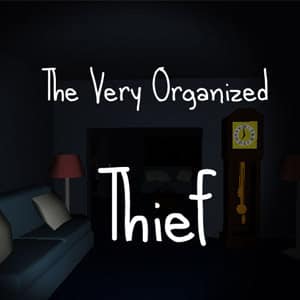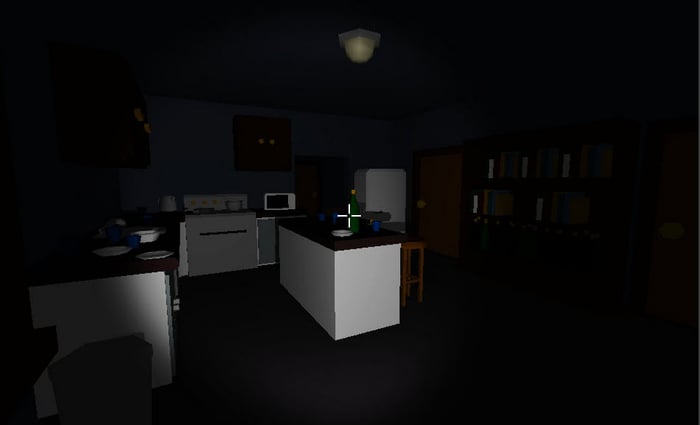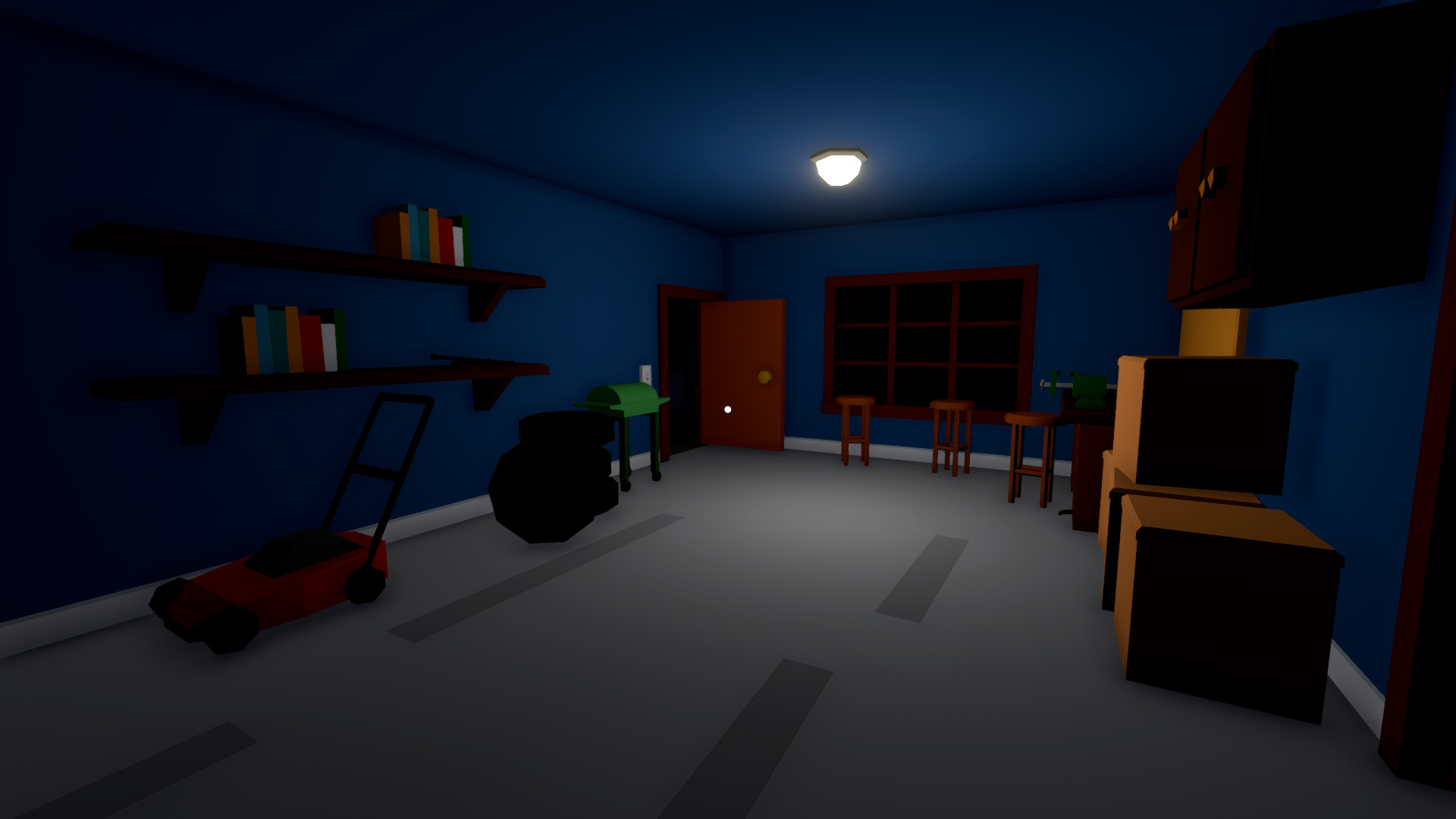

When it comes to darting in and out of the shadows, Garrett has a style of unique movement that lets you move really quickly. The most interesting are your interactions with the stage, safes and locks, based on fast and well developed mini-games which get you totally involved. In Thief, you'll be handling many different types of motion, but each and every one of them are very well put together. When it comes to escaping from the police, on the other hand, you do have total freedom. You have to open that door, go down that corridor, get on that roof– you don't have much choice. The goal is always marked on the screen with an arrow, and the scenarios seem ample and diverse, but in reality, it's extremely linear. In the main missions, however, freedom is somewhat more vague. Missions, incidentally, are unlocked too late in the adventure, but when they do eventually unlock, they extend the life of the game significantly. In the city itself, there is freedom of movement to do what you please or to sign up to side missions. Within this central point, you can come and go, enter taverns, or steal from (some) houses, improve your skills, or buy and sell at the markets. In Thief, there's a central city that connects everything. Here, it's important to explain a couple of things. This flexibility enhances replayability.Īlthough Thief has enough freedom to let you play in your own style, it's not the same when it comes to scenarios. If you want, you can build a game that's 100% realistic, without help, without concentration and with a challenge that's only for the most skillful of players. That balance when playing even applies to the levels of difficulty, which is extremely customizable. You'll use concentration the most, and the task of strengthening it is really interesting. Concentration will be your main concern: it's a temporary power that you use to see footprints, tracks, enemies, to slow down time, or even to become stronger. The game is sufficiently balanced so as not to hinder your progress– anyone can play how they want, meaning it's not essential to boost your character to the max if you don't want to. Stealing is important beacause it gets you money to buy upgrades for your tools and new skills. In Thief, what matters is that you play quietly, hidden in the shadows, using gadgets accordingly, and stealing everything you can get your hands on: handbags, rings, boxes, safes– basically, whatever you can find. The whole game revolves around putting the player into this experience, going beyond just the history and the goals of the game. If it seems like I'm going on about the view and realism in Thief, it's because the feeling of being a thief really is all-encompassing. The view has been developed with exceptional quality, the magic of which is only broken when the camera moves to third person when you climb walls (Tomb Raider-style). The level of realism is such that you see your hands interacting with the environment at all times opening doors with picks, touching paintings and books in search of buttons, leaning on walls, or pulling curtains aside. Thief works from a very accomplished first person point of view that really outs the player in the shoes of Garrett (the protagonist).


The truth is that although it's not exactly a marvel, Thief does do the job of keeping you glued to your screen so that you can find out what's going on in all the chaos. The game also has a main plot that unfolds over time, with plenty of intrigue and surprises not everyone is as they seem. Your objective in each mission is to steal defined objects, according to the requests from Basso, your crime 'provider'. In Thief, you take on the role of a thief in a city inspired by a Victorian London, mixed with a steampunk theme. To this end, the new Thief might not be the best in the series, but it does at least meet most of our expectations. This "sequel-reboot" was highly anticipated by fans, and had a tough objective to meet: it had to please classic players, enchant newcomers, and impress experts with top-end graphics. Thief is the new-generation reboot of a franchise that already has three games in its arsenal. Softonic review Stealth and larceny in a steampunk London


 0 kommentar(er)
0 kommentar(er)
